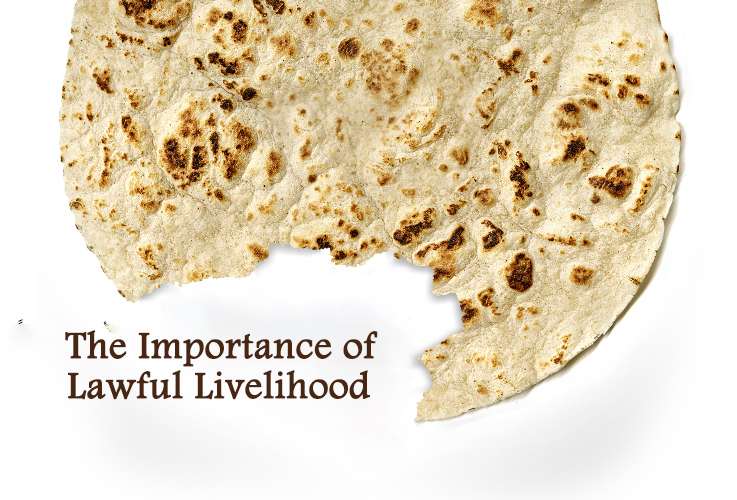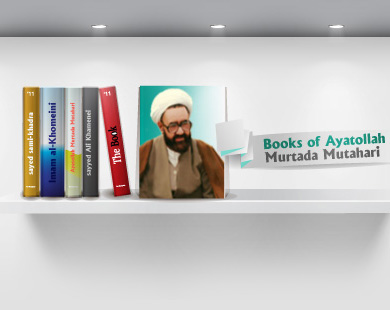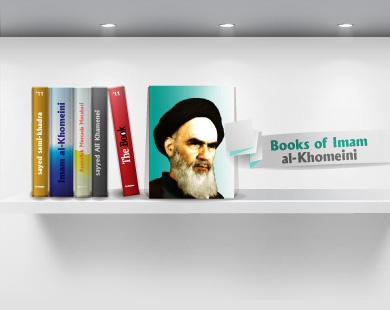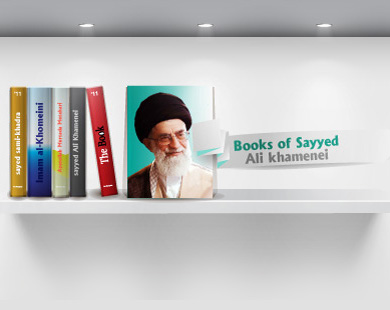The holy Qur’an has affirmed on the necessity of a muslim’s respect to the purity of his physical nourishment. At the same time, it commanded him to respect the purity of his spiritual nourishment. This was declared and affirmed by the holy prophet’s sunnah. In other words, a muslim should pay attention to his apparent and internal nourishment purity, even in the most difficult conditions.
We learn from the story of The Cave Companions in the holy Qur’an that, even after they woke up they were in severe need of food, they said to the person they delegated to bring food: don’t buy food from anyone, but bring the most redolent and purest food.[1]
Most people nowadays have noticed the importance of nourishment purity from apparent pollution, but they are still neglectful about its purity from internal pollution that affects a human being when earning from forbidden work such as interest transactions, cheating, and so on.
There are many detailed recountals that encouraged people on the importance of getting the livelihood by lawful ways, we mention from them the following:
Narrated by the Prophet Mohammad (pbuh):” Worship consists of seventy parts, the best part is seeking lawful livelihood". [2]
Narrated by him also:” He who sleeps tired of seeking lawful livelihood, God forgives him”.[3]
Narrated by Al Imam Al Sadek (through Khalid bin Naji):” Greet whom you meet of your friends and tell them that someone greets you and says: you should fear from God and the way you get by God’s blessings. I swear to God that we command you what we commend ourselves. You should work hard, and when you pray the Morning Prayer and go to your work, go for your livelihood early, and seek it lawfully and God will be enriched you and help you to do that”. [4]
Al Imam Ali (pbuh) has affirmed the day times of a believer where he made the specific time of economic activities beside worships and divine standards, and said:” A sane person’s time should be divided into three parts: a part for seeking his livelihood, a part for working for his hereafter, and a part for having pleasure lawfully”.[5]
The frameworks of commercial deals and economic activities with its conditions were all mentioned in the detailed speeches and recountals whose main goal is the necessity of lawful livelihood.
Narrated by the Prophet Mohammad (pbuh):” Seeking lawful livelihood is a duty of a every muslim”.[6]
Narrated by him also (pbuh):” He who gets his livelihood without committing sins is pleased”. [7]
The recountals affirmed the necessity of the legality of income. At the same time, they affirmed the necessity of legality of paying which means that a human being should spend the money he gets on lawful activities. If he spends money gained by unlawful ways, he should return that money to their owner; if he pays this money in a deal, then this deal is invalid.
The holy Qur’an, through its role, has also pointed to this idea when God almighty said: (Spend on others out of the good things which you may have acquired)[8]. Al Imam Al Sadek explained this verse as follows:'' This verse was revealed to a group of people who used to work in interest and spend money on others out of this money. So God has prevented them from that and called for paying charity from lawful money”.
This divine issue shows the importance of lawful livelihood and not exaggerating in saving money.[9]
The Art of Management in Livelihood- A narrative Qur’anic View-, Al Maaref Islamic and Cultural Institution
[1] Al Shirazi, The optimal in explaining the Revealed Holy Qur’an, m.s., part 12, page 375
[2]Al Kelini, Al Kafi, m.s., part 5, Book of Livelihood, the part of encouraging on…, part 6, page 78.
[3] Bin Babweh, Mohammad bin Ali bin Al Hussein (the faithful): Al Amaly, the meeting 48, Investigation and Publication of the Mission’s Institution Investigation, 1st Edition, Holy Qom, 1st floor, 1417 h.k., part 9, page 364
[4] Al Kelini, Al Kafi, m.s., part 5, Book of Livelihood, the part of encouraging on…, part 8, page 78-79.
[5]Al Radiy, Nahj Al Balagha, m.s., Al Hikmah 390, page 93
[6]Al mottaki Al Hindi, Alaa Al Deen, The Treasure of workers, proofreading and explanation of Al Sheikh Bakri Hayani, Proofreading and index by Al Sheikh Safwa AL Sakka, Latt, Beirut, Al Risala Organization, 1409 h.k./ 1989 ad, part 4, h9204, page 5
[7]Al Kelini, Al Kafi,m.s, part 8, Al Rawda Book, part 190, page 169
[8] Surat Al Baqara, verse 267
[9] Al Tabarsi, Al Bayan Book, part 2, page 191




















